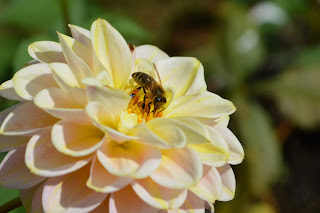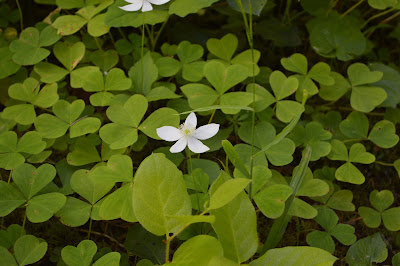Water-Wise Garden
Water is a precious resource with a limited supply that must sustain a growing population. This makes creating a water-wise landscape a top priority for those living in areas where water is scarce and those living in more temperate climates that want to reduce water consumption. Conserving water not only helps the environment, it also saves money. Water-Wise Garden Techniques: Use water-conserving plants: plants that perform better with less water. Make sure to choose plants that are well adapted to your regional climate. https://plants.usda.gov/checklist.html Control weeds because they consume precious water needed by more desirable plants. Wisely group plants based on water consumption and use a separate watering system for the water thirst plants Garden Maintenance – prevent drips by tightening water faucets. Water plants when needed instead of using a calendar or schedule. Limit turf lawn – uses more water than native plants and grasses Mulch – retains water in the ...

